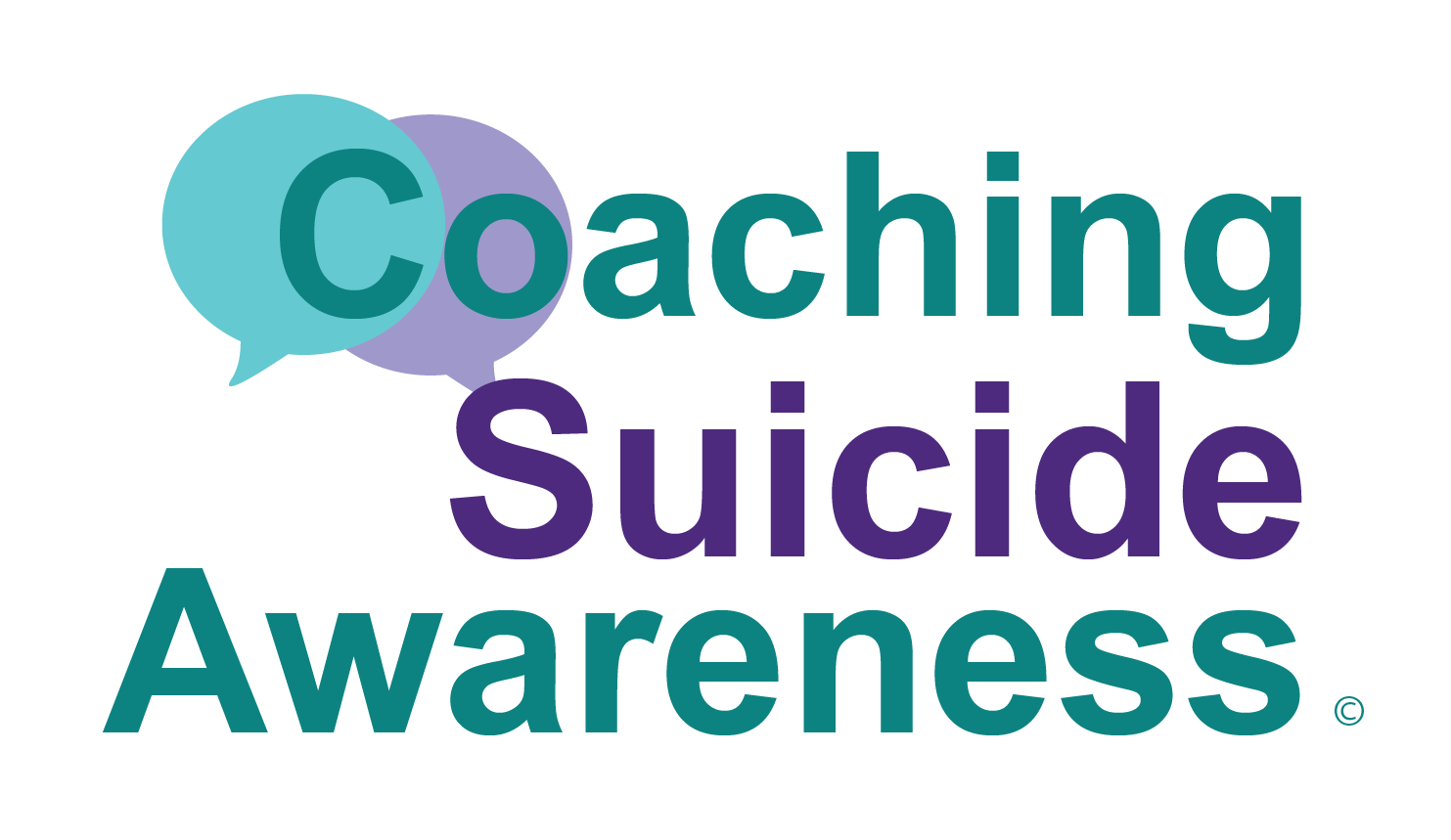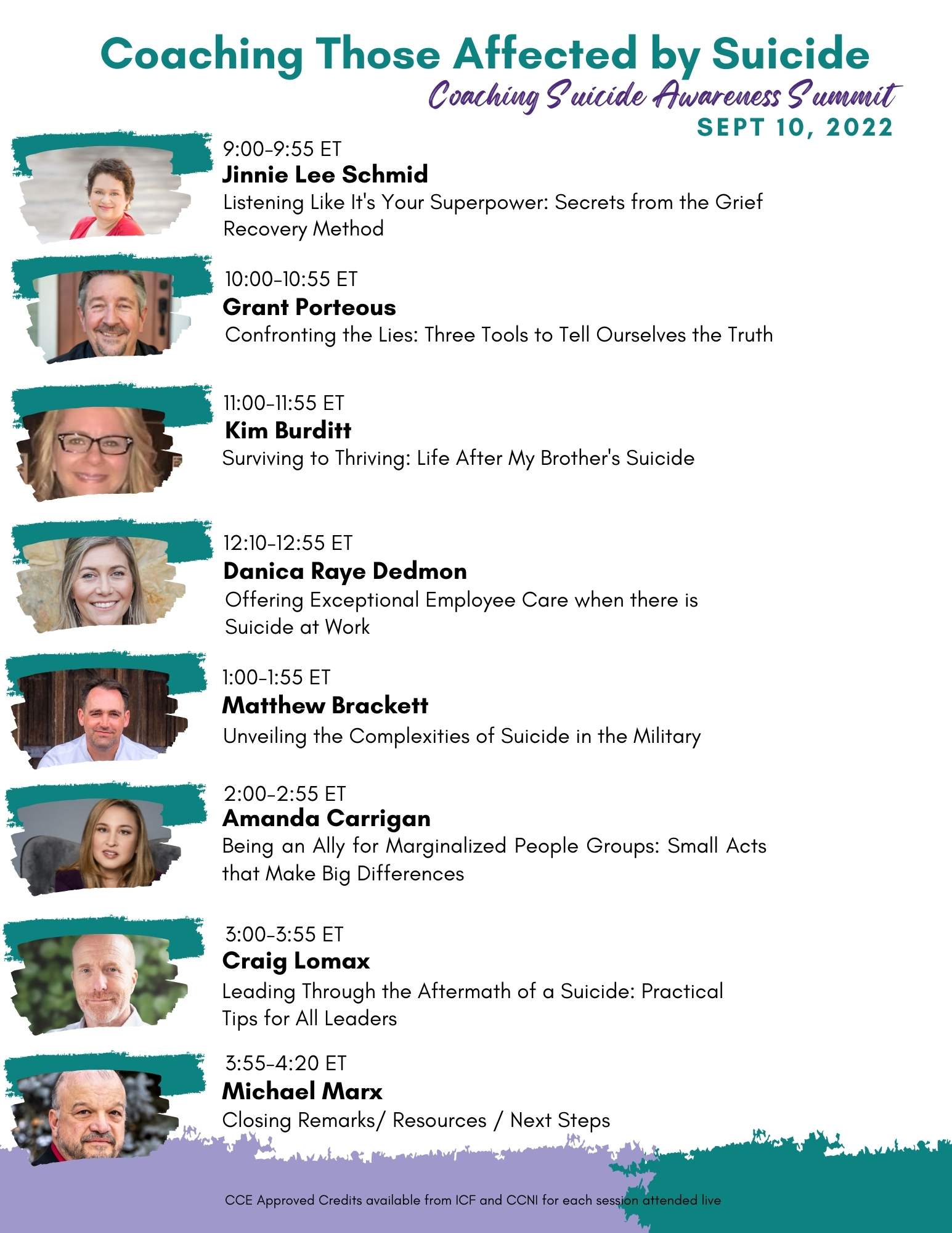Contact us for more information.
National Suicide Hotline
800-273-TALK (8255)
OR 988 in North America

Speakers

Topic: Listening Like It’s Your Superpower: Secrets from the Grief Recovery Method
What are the best practices for listening and creating a safe space? As an Advanced Grief Recovery Method Specialist, Jinnie Lee Schmid offers “just listening” to her clients. Are there special approaches and techniques that we can apply to raise our listening from “great” to “superpower”? The answer is YES and this session will take you “behind the curtain” into the unique protocols for listening, sharing, and otherwise creating safe spaces in which healing from traumatic events can occur.

Topic: Confronting the Lies: Three Tools to Tell Ourselves the Truth
We all tell ourselves stories based on our beliefs. But for the person brought to the edge of suicide or another terrible decision, the stories are often based on a lie about themselves. Also known as limiting beliefs–these lies drive our emotions, thoughts, behaviors, and create the outcomes in our lives. Positive self-talk and affirmations cannot get at the root of these limiting beliefs and old decisions. So, what can? You will discover how your beliefs and decisions drive your actions and the outcomes. You will learn a simple tool to transform the lies behind the negative stories and limiting beliefs, and you will receive a four-step communication formula that creates intimate and intentional connections based on emotional trust and safety.

Topic: Surviving to Thriving: Life After My Brother’s Suicide
Description: We all grieve in different ways. Someone who has experienced a death by suicide 10 years ago is still grieving. They are in a different place than someone who just lost a loved one a week ago. This session will give you an overview of how to help someone who is grieving. You will learn the power of community when someone is grieving and how Kim personally was able to turn her deepest sorrow into a passion for living.
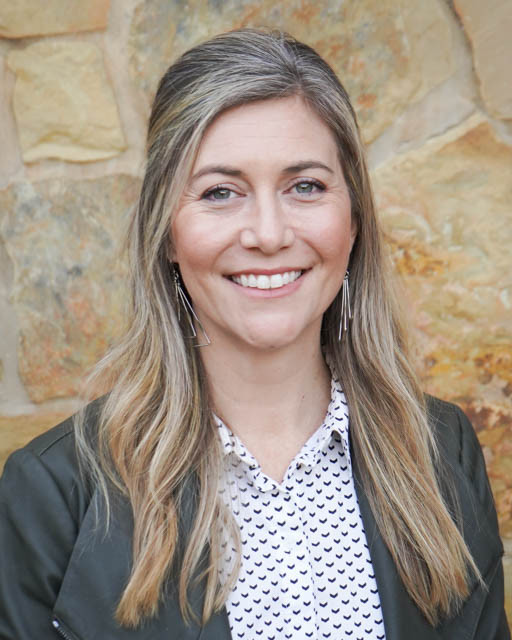
Topic: Offering Exceptional Employee Care When There is a Suicide at Work
Each scenario discussed will prepare you to see the bigger picture and be sensitive to the present needs of those involved. The framework presented is one of compassionate, concrete, and creative care. This allows us to come alongside hurting people during an incomprehensible crisis. In this webinar you will gain an understanding of the complex and chaotic feelings that come when someone is grieving a suicide or has attempted suicide.
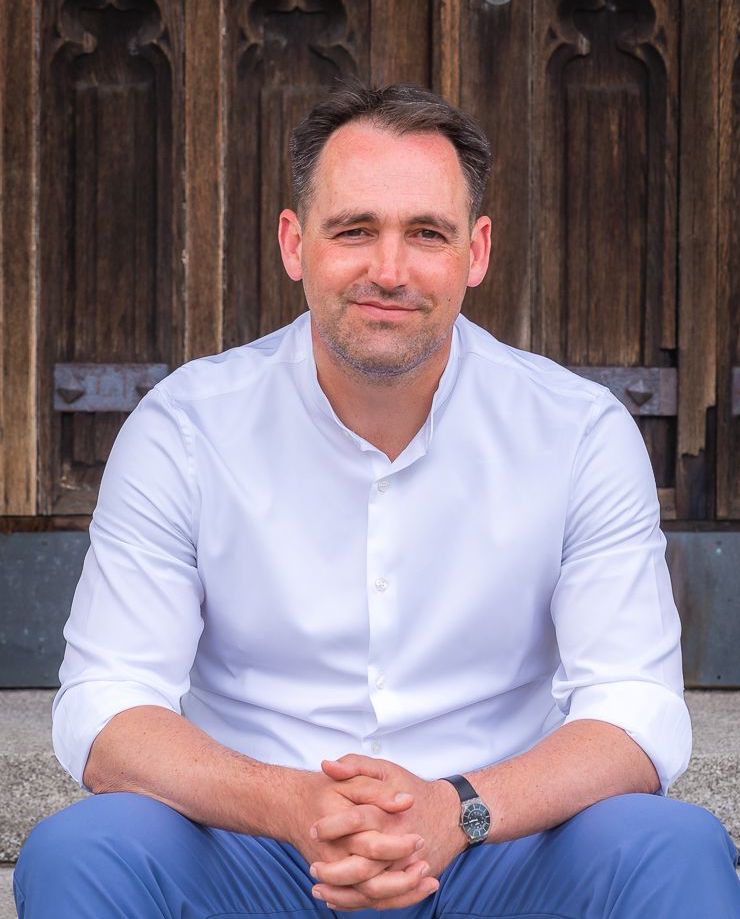
Topic: Unveiling the Complexities of Suicide in the Military
Matthew Brackett and two Active Duty guests will help coaches, leaders, and others understand the stigma of suicide in the Military. Based on experience, theory and some research, this educational intervention will help the listeners better understand the relationship between military culture and suicide ideation, attempts and completions. Suicide prevention, intervention and postvention in the military will be explained along with some unique aspects surrounding the culture and mentality of our courageous uniformed personal of the Armed Forces.

Title: Being an Ally for Marginalized People Groups: Small Acts that Make Big Differences
Sometimes we are not aware that our words or actions can make people feel like they don’t matter, that they are insignificant. This session will look at some examples of careless things people say like “You walk like a blind person” and how everyone can start today to change those stereotypes. Awareness of appropriate behavior towards under-represented people groups is essential to avoiding discrimination and fostering inclusivity and equity.

Title: Leading Through the Aftermath of a Suicide: Practical Tools for All Leaders
A leader has responsibilities, and they should not wait until a crisis, like a suicide, to act. Leaders need tools and information to plan and prepare. Craig Lomax is a survivor of a family suicide, a suicide prevention trainer with the QPR Institute, and has helped organizations with their postvention (after a suicide) planning and implementation. How schools, organizations, church leaders and individuals respond after a suicide is crucial. This presentation will give you new insight in what a leader needs to do to create awareness and to be prepared to act.
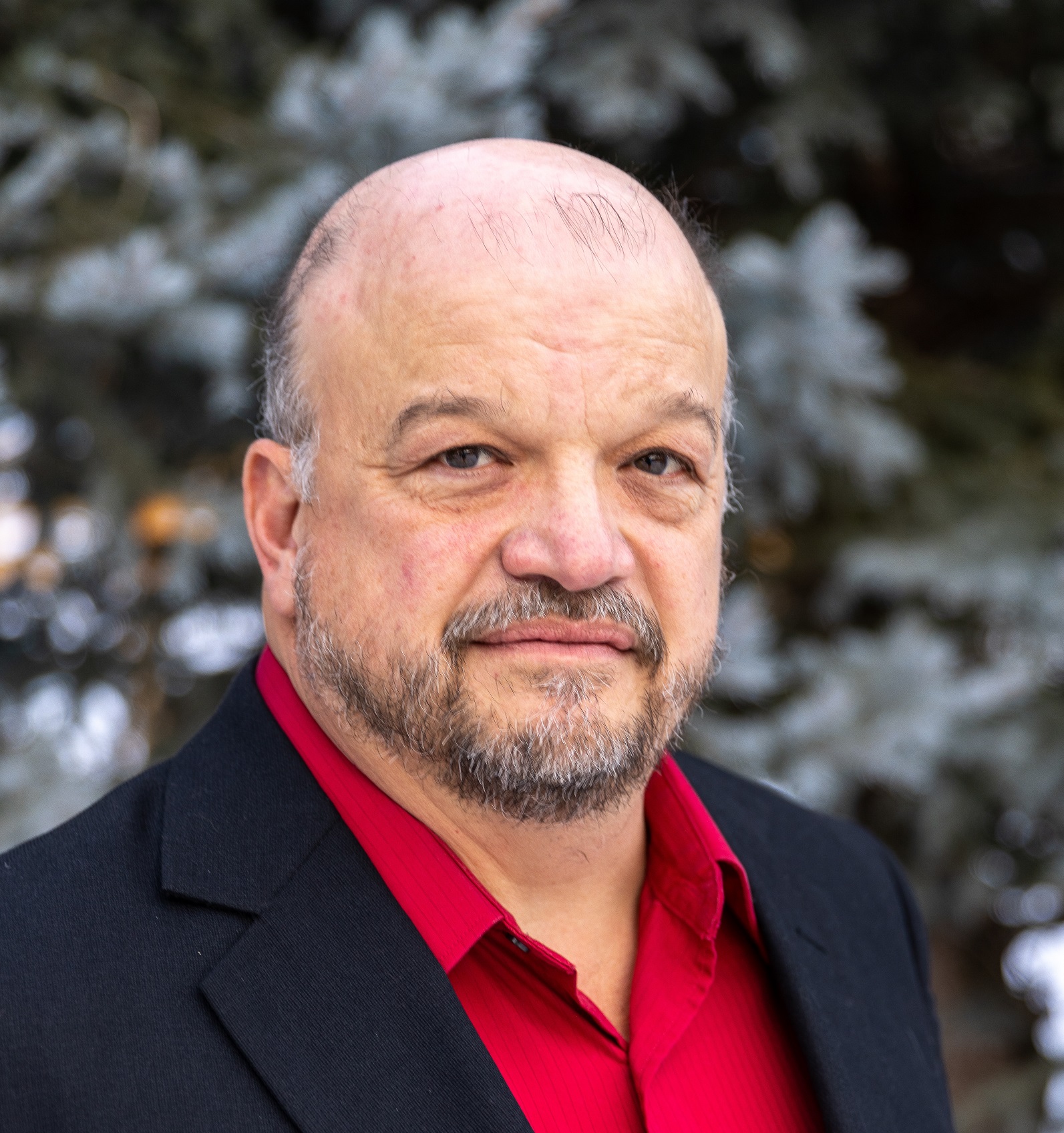
OPENING REMARKS
CLOSING REMARKS
RESOURCES
NEXT STEPS
MORNING SCHEDULE
* all times in Eastern Time USA (New York)
-
 CSA Team 8:50 AM
CSA Team 8:50 AMWelcome & Opening Remarks
-
 Jinnie Lee Schmid 9:00 AM
Jinnie Lee Schmid 9:00 AMListening Like It's Your Superpower: Secrets from the Grief Recovery Method
-
 Grant Porteous 10:00 AM
Grant Porteous 10:00 AMConfronting the Lies: Three Tools to Tell Ourselves the Truth
-
 Kim Burditt 11:00 AM
Kim Burditt 11:00 AMSurviving to Thriving: Life After My Brother's Suicide
Afternoon Schedule
* all times in Eastern Time USA (New York)
-
 Danica Raye Dedmon 12:10 PM
Danica Raye Dedmon 12:10 PMOffering Exceptional Employee Care When There is a Suicide at Work
-
 Matthew Brackett 1:00 PM
Matthew Brackett 1:00 PMUnveiling the Complexities of Suicide in the Military
-
 Amanda Carrigan 2:00 PM
Amanda Carrigan 2:00 PMBeing an Ally for Marginalized People Groups: Small Acts that Make Big Differences
-
 Craig Lomax 3:00 PM
Craig Lomax 3:00 PMLeading Through the Aftermath of a Suicide: Practical Tools for All Leaders
-
 Michael Marx for CSA 3:55 PM
Michael Marx for CSA 3:55 PMClosing Remarks / Resources / Next Steps
Resources
The links below offer support.
Training
to share experiences to:
- increase confidence via resources and training
- serve clients even in extreme situations
- learn how to stay calm in the midst of a storm
You don’t have to figure it out alone. We are here to help. Reach out today.
The longer you talk to them, the less likely they are to complete the suicide.
